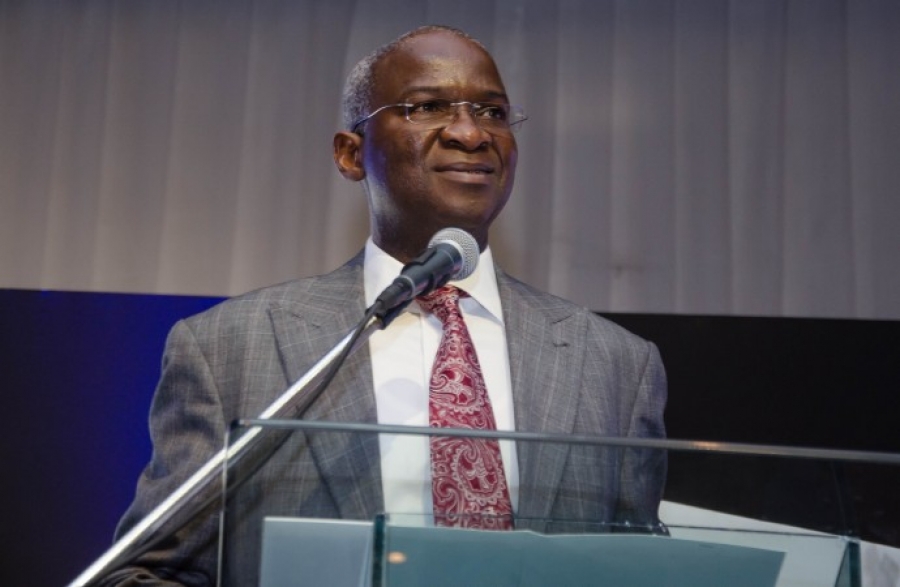- Gencos Back Plan to Monitor Discos’ Accounts
Power generation companies in the country on Tuesday declared their support for plans by the Federal Government to centralise and escrow the accounts of the electricity distribution companies.
The Gencos also expressed reservation about claims by the Discos that many consumers across the country hardly pay their electricity bills.
They stated that the failure of the Discos to make the remittances of funds required for the smooth running of the Nigerian electricity supply industry had made the generation firms to be highly indebted to their lenders and had forced about 23 power plants to remain idle.
The debt to the lenders, according to the Gencos, is currently over N500bn, adding that most of the financial institutions that granted credit facilities to the power firms had started threatening them.
Last week, the 11 power distribution companies in the country opposed plans by the Federal Government to centralise and escrow their revenue accounts over poor market performance with respect to their remittances to the Nigerian Bulk Electricity Trading Plc.
The Association of Power Generation Companies, however, blasted the distribution companies for not wanting the government to see their books, whereas they often come out to complain that they were not making profits due to the refusal of consumers to pay electricity bills.
“This must not be allowed to continue, because the poor remittance of market funds by the Discos has prevented the rest of the electricity value chain from meeting up with their operations and also service their liabilities, which includes gas payments,” the Executive Secretary, APGC, Dr. Joy Ogaji, told journalists in Abuja on Tuesday.
“With the dwindling commercial performance in the industry and the inability of some stakeholders in the power sector to meet up infrastructure performance targets due to the decline of market funds and its attendant increased debt profile in the entire value chain of the power sector, the recent development of the Nigerian Electricity Regulatory Commission to escrow the account of the Discos is not just a welcome development, but also a wake-up call to all participants in the electricity market,” she added.
The NBET had repeatedly stated that the distribution companies remitted only 30 per cent of their monthly energy invoices in 2016.
The Executive Managing Director, Market Operator, an arm of the Transmission Company of Nigeria, Mr. Moshood Suleiman, had stated in October last year that if poor revenue collection by the Discos continued, their accounts might be escrowed.
Ogaji explained that in the power value chain, the Gencos were entitled to 60 per cent of funds remittances as they were not just to generate power, but also to pay for gas supply and gas transportation.
She said, “Transmission charge costs 11, per cent, distribution gets 25 per cent, while the remaining four per cent is meant for regulatory charges and the NBET. The revenue referred to by the distribution companies is not their personal revenue but market funds to which they were made trustees to collect and remit.
“But if the trustees can no longer be trusted, then their books must be made open or the accounts escrowed in order to enable us see if what they claim is actually what obtains in the power business, because this entire system is a value chain.
“If centralising the payment system is tantamount to nationalising, the question that comes to mind is: what does selling the electricity and keeping the money all to oneself mean? If the Discos claim they are not collecting enough, then they should open their books to make it plain for all to see and confirm their story. He who asserts must prove.”
The APGC executive secretary stated that the stance of NERC and the Federal Government would send positive signals to potential investors as well as investors in power generation.
When asked of the N701bn recently approved for the Gencos by the Federal Government, Ogaji said the power firms had yet to access the fund and that they did not really understand how it would be used.
She said, “The N701bn is for services to be provided between 2017 and 2019. It doesn’t cover the over N500bn debt owed the Gencos by the sector, which has made our lenders to threaten us. And it is important to state that we were not consulted before the government arrived at that N701bn figure.

 Forex3 weeks ago
Forex3 weeks ago
 Naira2 weeks ago
Naira2 weeks ago
 Billionaire Watch2 weeks ago
Billionaire Watch2 weeks ago



 Naira3 weeks ago
Naira3 weeks ago






 Naira2 weeks ago
Naira2 weeks ago




 Naira1 week ago
Naira1 week ago






 Naira1 week ago
Naira1 week ago




 Naira4 weeks ago
Naira4 weeks ago
























